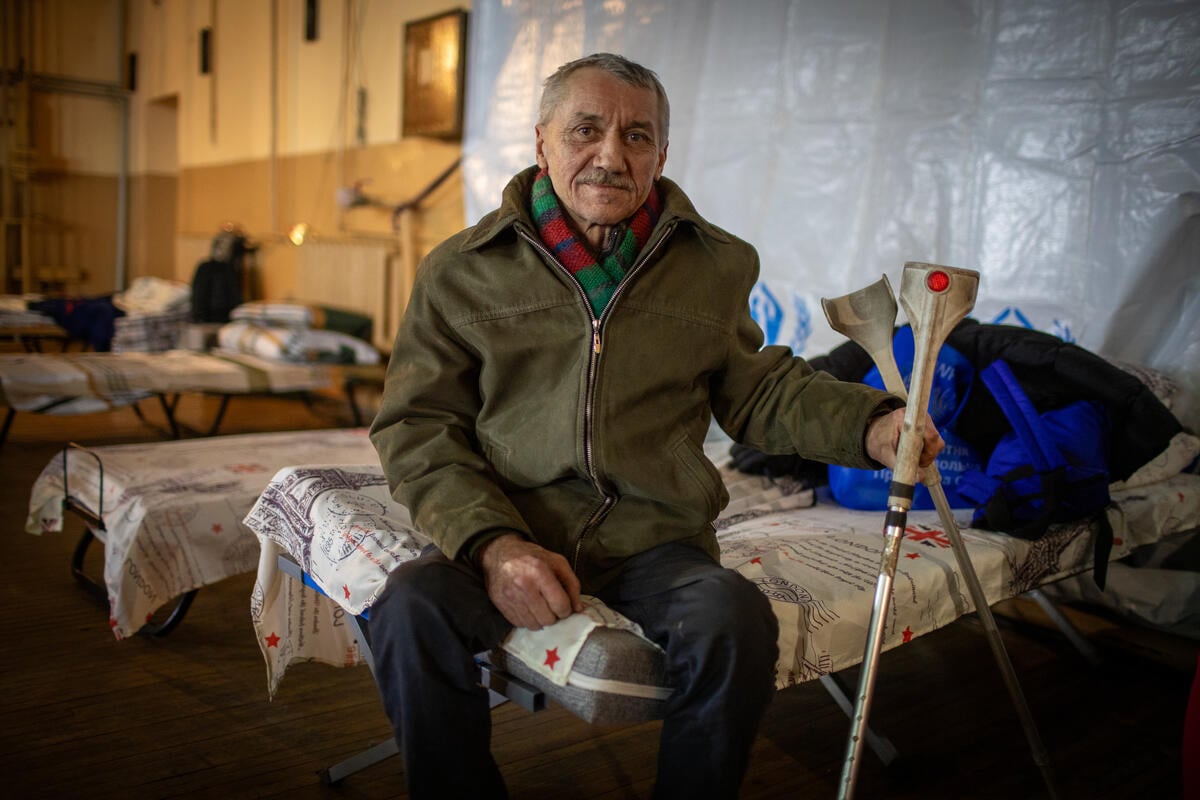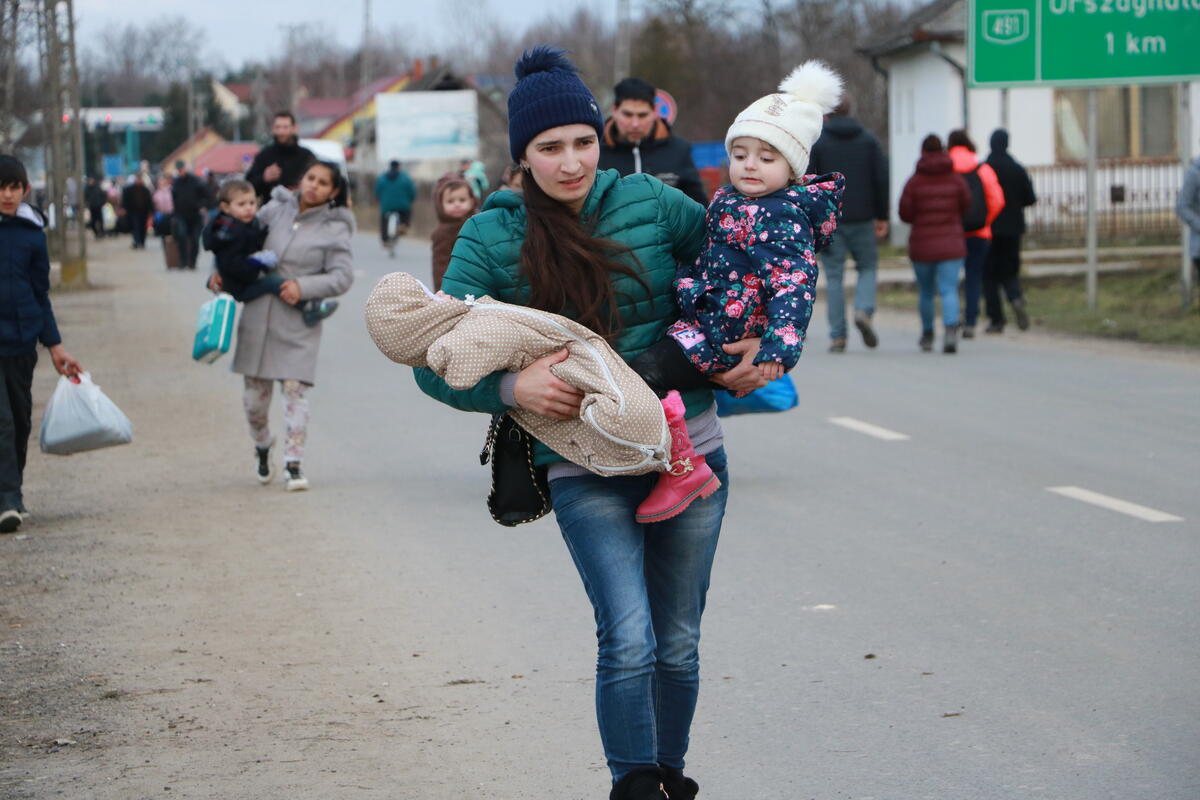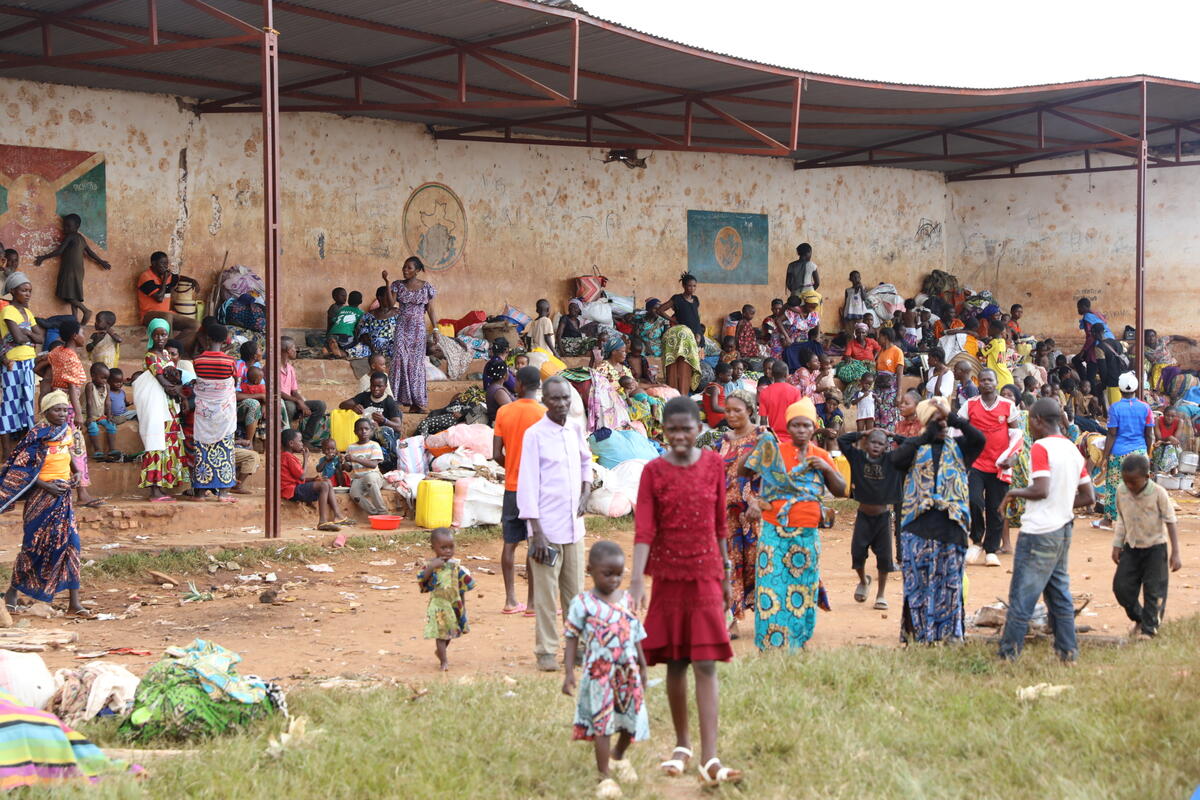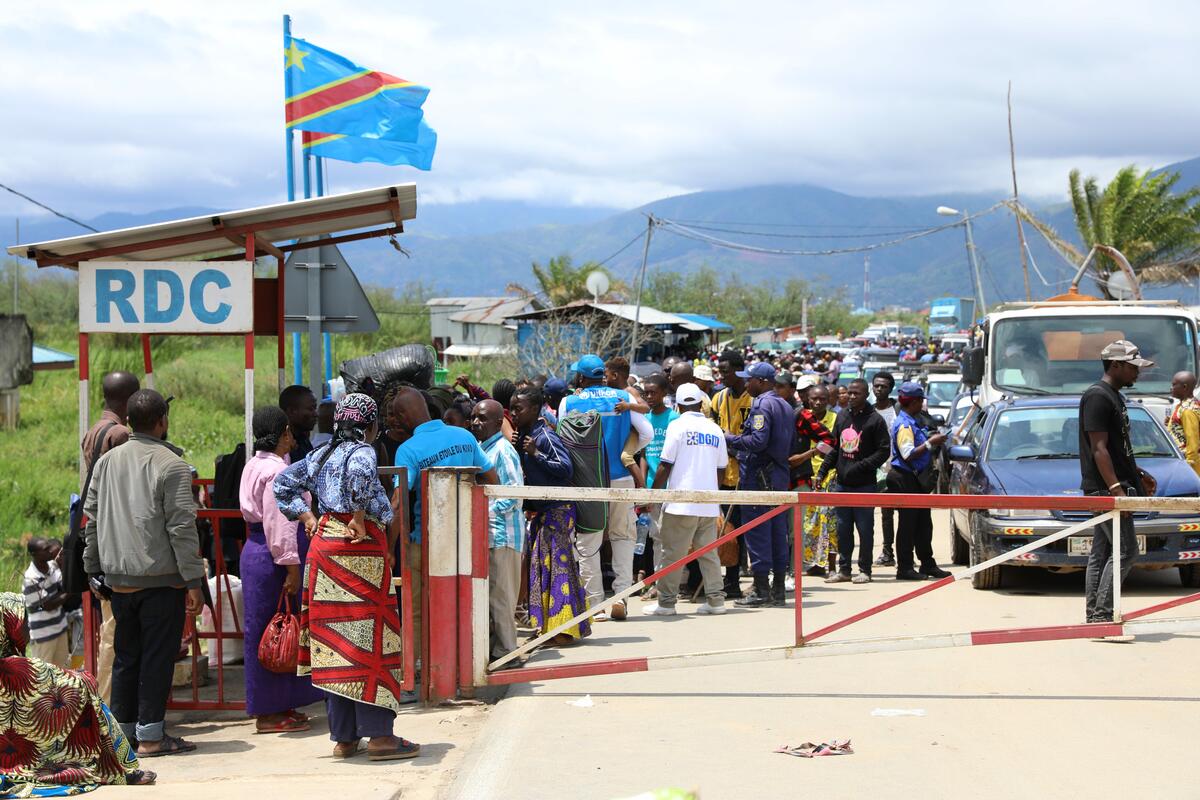UNHCR’s Grandi praises Chad’s role hosting Sudanese; more aid urgently needed
UNHCR’s Grandi praises Chad’s role hosting Sudanese; more aid urgently needed

N'Djamena – Chad is in urgent need of more international support to help it cope with the surge in the number of refugees arriving from war-torn Sudan, the United Nations High Commissioner for Refugees, Filippo Grandi, said today. Chad already hosted a large refugee population before the start of the Sudan conflict – now, one in 17 people living in the country is a refugee.
During a four-day visit to Chad, alongside the World Bank Managing Director for Operations, Anna Bjerde, Grandi witnessed the dire humanitarian situation unfolding on the ground and called for greater international effort to address the urgent and long-term needs of the refugees and of the Tchadian communities hosting them.
“The solidarity of the Tchadian people towards refugees is extraordinary, and the authorities – both in N’Djamena and in Eastern provinces where the influx has occurred – have spared no effort to welcome the refugees, in spite of very limited resources and many other challenges which Chad is facing. The international community, including development actors, must redouble their commitment to help them,” said Grandi.
In just over four months, the conflict in neighbouring Sudan has forced a staggering number of people to cross into Chad in search of safety. As of 6 September, more than 400,000 refugees had arrived in the provinces of Ouaddaï, Sila, and Wadi Fira. Disturbingly, 86 per cent of these refugees are women and children, underscoring the critical nature of the situation and the specific needs.
Most refugees come from Darfur, where Sudan’s conflict has triggered often brutal inter-communal violence, including the killing and rape of civilians. Refugees, scarred by trauma , are arriving in desperate conditions, particularly in the border town of Adre, which hosts over 150,000 of them in a spontaneous settlement. Another 75,000 refugees have been transferred from Adre to two newly built refugee settlements.
While humanitarian partners have made considerable efforts to ensure access to basic services such as health, water, sanitation and food, the influx is putting pressure on already stretched resources and communities, with current funding levels insufficient to address both the emergency and long-term development needs of refugees and their hosts.
“These refugees and the communities hosting them cannot afford to wait for the crisis to end to receive the world’s attention and support. We must continue to urgently bolster the humanitarian response today, while laying the foundations for strong socio-economic development for the future " Grandi said. “This is why visiting Chad and especially the Eastern provinces with the World Bank has been so important – this is a clear case in which humanitarian and development actors must work together: what we need here is emergency development to ensure the resilience of all those impacted.” During the visit, the World Bank announced a new package of grants amounting to US$340m, to help addressing the multiple shocks the country is facing.
Since the influx began, UNHCR and its partners have relocated about half of newly arrived refugees to secure and suitable accommodation sites – a priority exercise in the current situation. However, nearly 170,000 people in Adre and other border zones, along with new arrivals every day, are still awaiting urgent relocation, dependent on the availability of resources.
Over 5.2 million people have been displaced by the conflict, inside Sudan and in neighbouring countries, including the refugees in Chad – the largest host – but so far only about US $207.3 million has been received against total requirements of US $1 billion for the regional refugee response.
For more information on this topic, please contact:
- In Dakar (regional), Alpha Seydi Ba, baalp@unhcr.org, +221 773 457 454
- In Geneva, William Spindler, spindler@unhcr.org, +41 79 549 59 98









